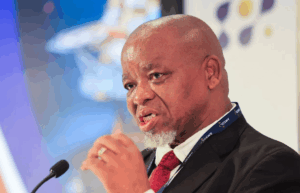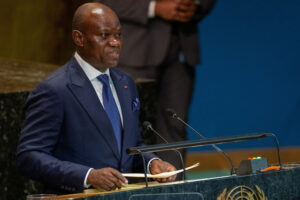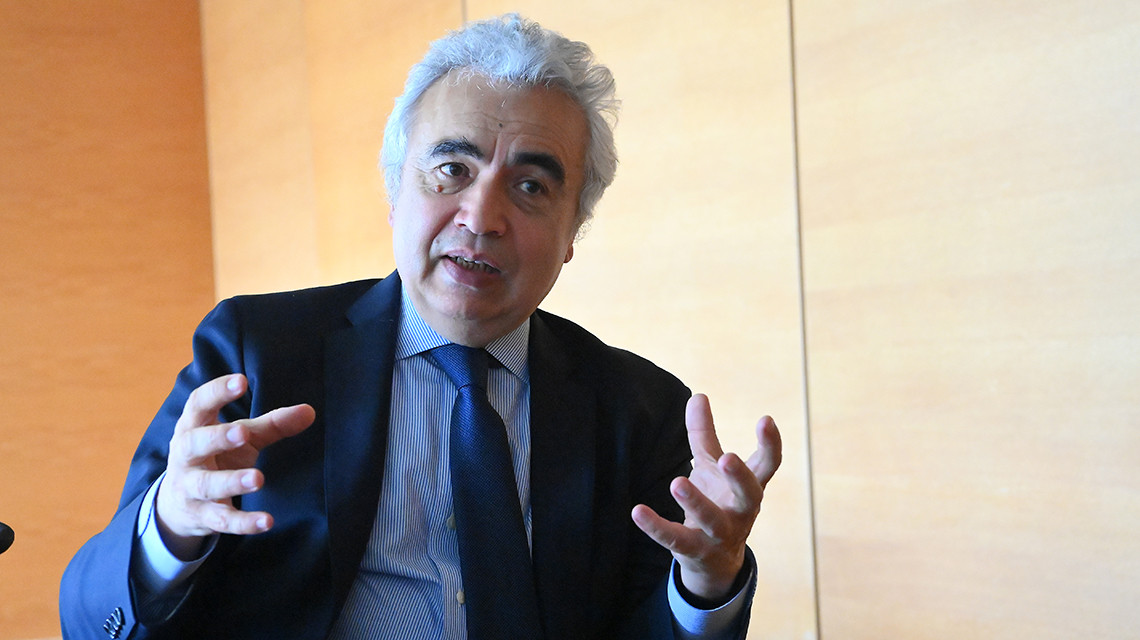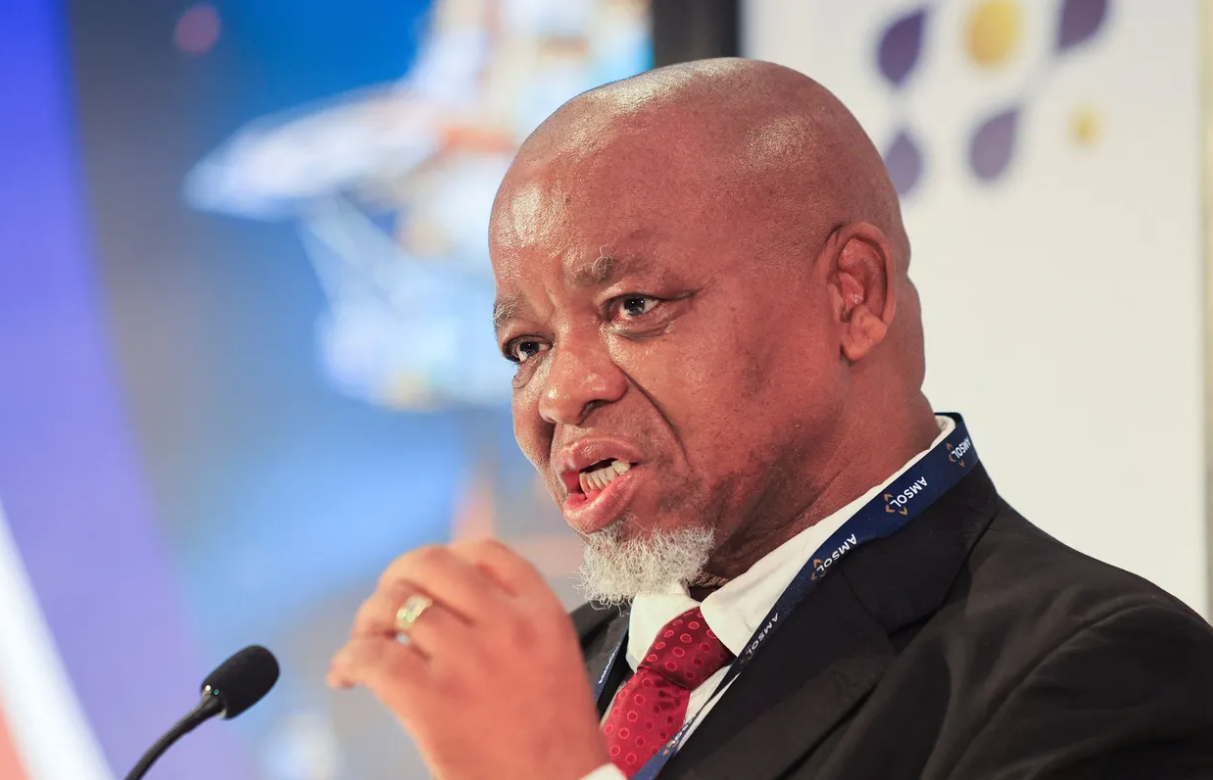The recent departure of Floyd Shivambu, a key figure in the establishment and policy narrative of the EFF, has ignited a flurry of analysis. Regrettably, most of the analysis glossed over the nuanced dimensions of his political perspective. Rather than delving deeper, some observers have opted to draw parallels between Shivambu and party president Julius Malema, emphasising the political trajectory of the party and both leaders’ political contributions that propelled the young party to notable electoral success.
Beyond his widely-publicised allegations of corruption in the VBS saga, there is little doubt of his political mettle. Shivambu’s stance has remained unwaveringly rooted in anti-neoliberalism. In his interviews and published literature, Shivambu has critically viewed the Government of National Unity as a deliberate shift by the ANC Government from its Marxist center-left politics towards a center-right, capitalist-driven economy- a move he believes confirms a forced alliance that undermines the country’s progressive aspirations.
Unpacking the Core of Shivambu-ism
Shivambu-ism, I call it, is rooted in the perspective that the dominant neoliberal order has hijacked South Africa’s democratic project and that a formidable, anti-neoliberal agenda is urgently needed to counter the centre-right politics exemplified by the post-May 1994 GNU. The anti-neoliberal perspective has also evolved into anti-GNU, as indicated by opposition within the ANC, such as Gauteng Provincial leaders’ refusal to join a coalition government with the Democratic Alliance (DA).
Subsequently, and in this context, Shivambu-ism represents a call to action by progressive parties to reclaim (hijack, if you like) the ANC’s radical legacy and align against neoliberalism. With a weakened EFF post-May 2024 and the EFF’s apparent cooperation with center-right parties, the MK party appears to have become the last bastion of resistance against the neoliberal agenda.
Fine, Bond, and Terreblanche: The Anti-Neoliberal Trio Shaping Shivambu’s Agenda
Shivambu’s MA thesis at the University of Witwatersrand provides a window into his anti-neoliberal ideology, shedding light on the intellectual foundations of his politics.
His political views are wrought in the critical perspective of South Africa’s history of inequality and the neoliberal transition. His outlook is deeply influenced by Sampie Terreblanche’s “A history of inequality in South Africa, 1652-2002” and Patrick Bond’s “Elite transition: from apartheid to neoliberalism in South Africa,” along with multiple publications by Ben Fine, all founded on the condemnation of the neoliberal ideological transition embraced in South Africa’s political transition. And that is a deep well of ideology.

In short, Shivambu-ism condemns the historical and continued dispossession of the Black majority and the accumulation of wealth by the white minority. At its core, Shivambu-ism rejects neoliberalism as a retrogressive force that perpetuates the legacy of apartheid, effectively entrenching the dominance of white monopoly capital—a stark reminder of the Dutch East India Company’s exploitative policies.
“The GNU confirms that in a few years, the ANC and the DA could consolidate into a single party”, Shivambu told Sizwe Mpofu-Walsh.
No one expects Shivambu to give the ANC flowers. His public pronouncements have long highlighted his dim views of the Washington Consensus-inspired political transition, which he believes, prioritised neoliberal capitalist policies over social welfare to craft a negotiated settlement.
MK: The Left’s Best Hope for Anti-Neoliberal Revival in South Africa?
But perhaps, equally, Shivambu’s move raises questions about the (perceived) authenticity of opposition parties in South Africa: Does he feel that by opting for co-governance with the ANC and DA in municipalities, the EFF has equally sacrificed their radical ideological agenda for political expediency?
But to re-emerge within a new party bereft of political ideology—dominated by left-wing populism and ethnic nationalism—is a beard-scratching moment.
The logical explanation could be that Shivambu, who fancies himself a political policy guru, believes he could, strategically, imprint his anti-neoliberalism campaign on the blank ideological slate in KZN’s largest party.
Across town at Luthuli House, the ruling ANC faces its own existential crisis: balancing the pragmatic approach of Nelson Mandela’s rainbow nation and its increasingly disenchanted socialist base within the alliance. The persistence of gross inequality and lingering structural legacies of apartheid are not helping either.
Yet still, the convergence of factors such as worsening poverty and unemployment, internal party conflicts, and broad disillusionment within traditional leftwing politics could lead to further consolidation of the anti-neoliberal push or precipitate deeper ideological realignment of opposition politics.
Whether Shivambu-ism brings the bacon for the MK is still to be seen. What’s for certain is that South Africans, the majority, demand economic democracy and social justice.
Monday Editorial: @lloydnedohe_ on X| ESGFrontiers.org












